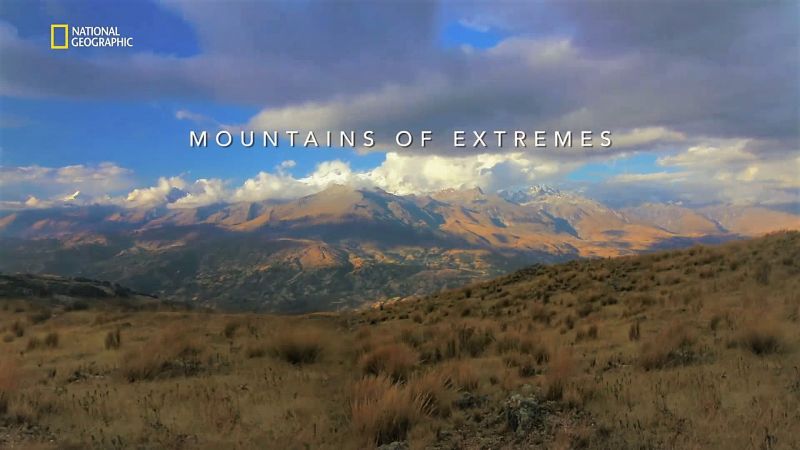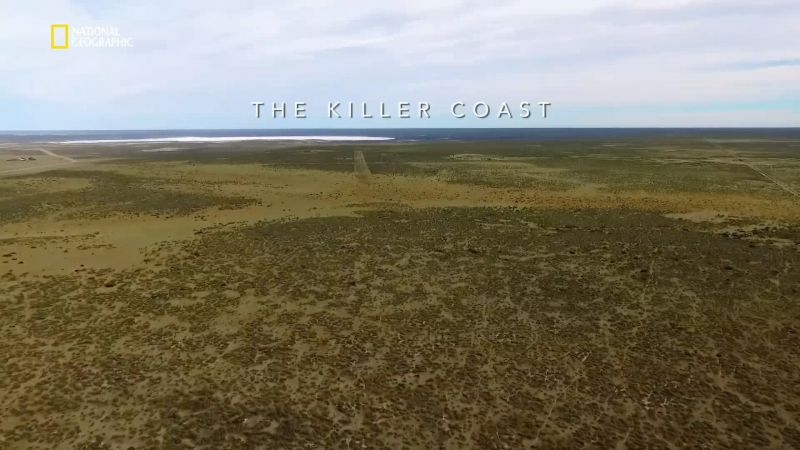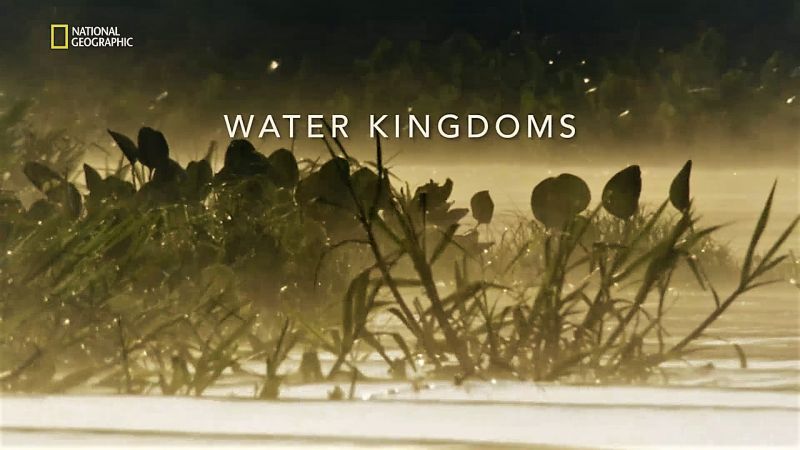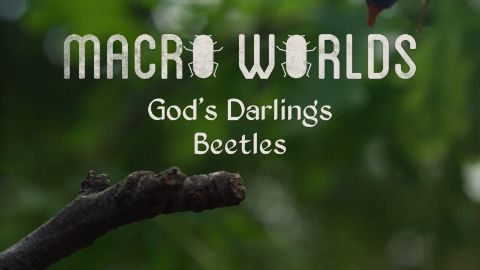Water Kingdoms • 2017 • episode "S1E3" • Wild Argentina
Argentina's northern territory contains one of the largest reserves in the country. Ibera is a vast expanse of swamps, marshes and lagoons, with a biodiversity count to rival the Pantanal. These lands are bursting with life, home to over 4000 animal and plant species. The rainy season in Ibera finds the wetlands in bloom... but unseen perils lurk beneath the surface, and even here, life can be a struggle for survival.
Make a donation
Buy a brother a hot coffee? Or a cold beer?
Hope you're finding these documentaries fascinating and eye-opening. It's just me, working hard behind the scenes to bring you this enriching content.
Running and maintaining a website like this takes time and resources. That's why I'm reaching out to you. If you appreciate what I do and would like to support my efforts, would you consider "buying me a coffee"?
Donation addresses
BTC: bc1q8ldskxh4x9qnddhcrgcun8rtvddeldm2a07r2v
ETH: 0x5CCAAA1afc5c5D814129d99277dDb5A979672116
With your donation through , you can show your appreciation and help me keep this project going. Every contribution, no matter how small, makes a significant impact. It goes directly towards covering server costs.








